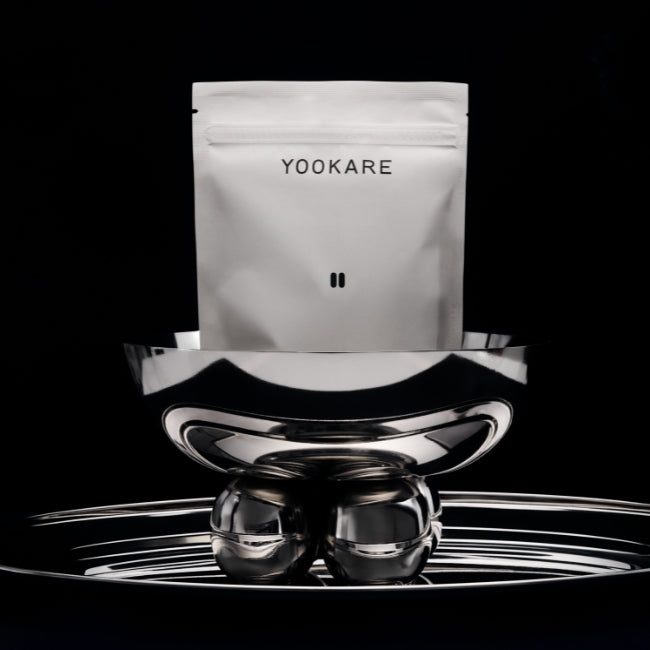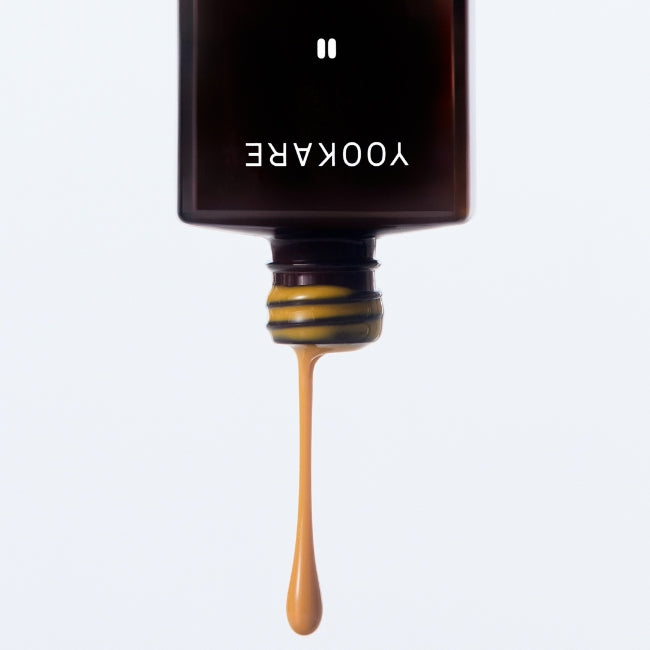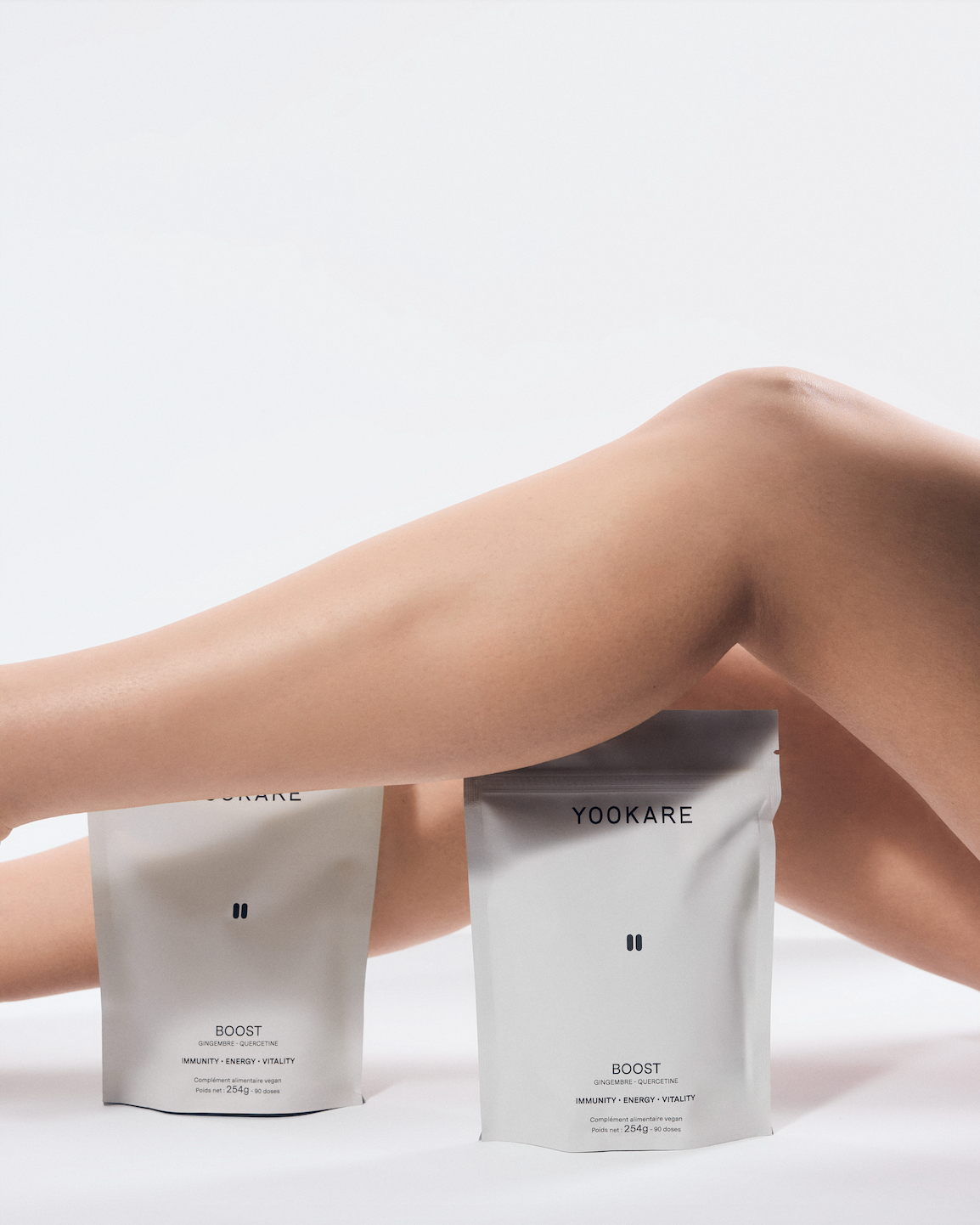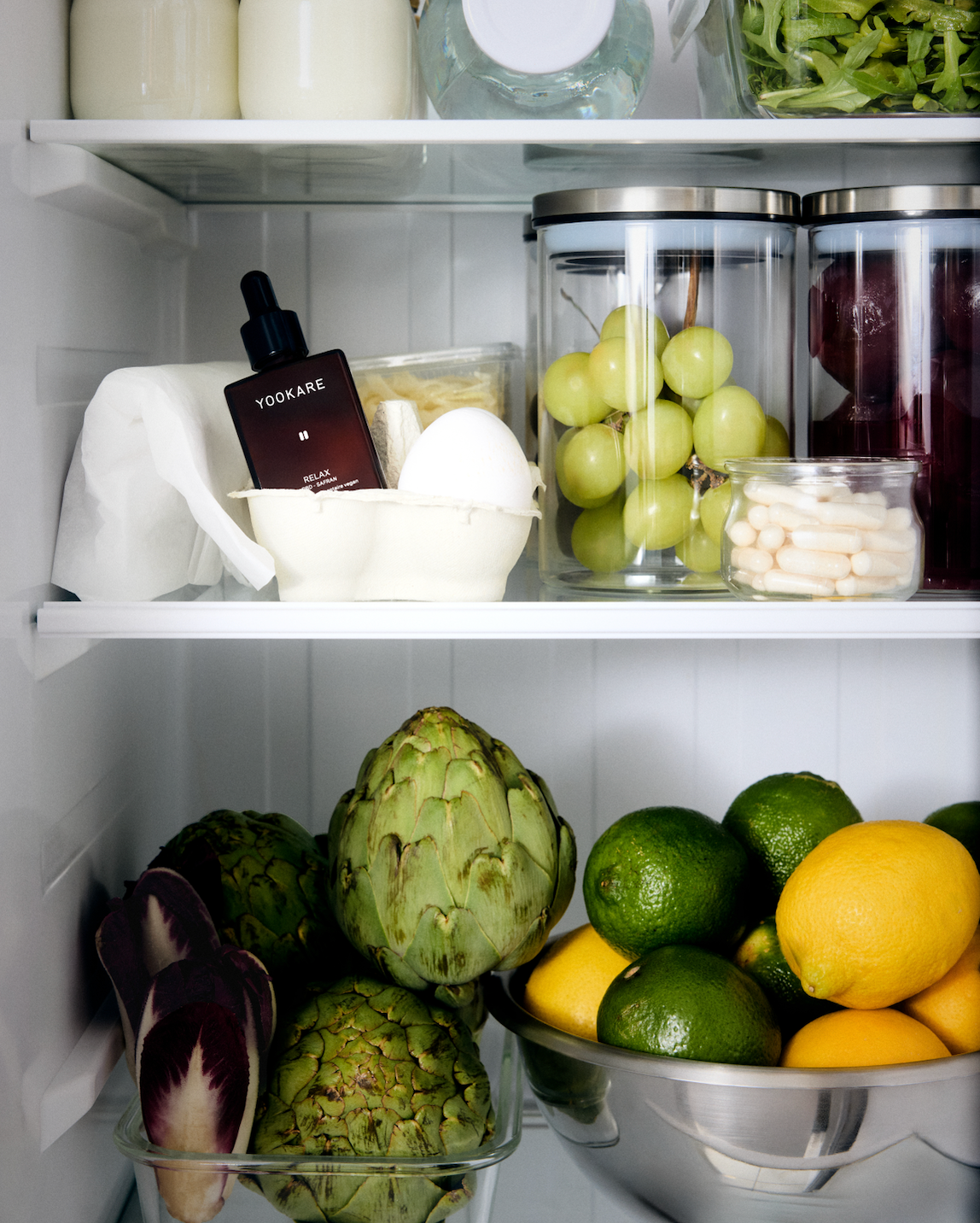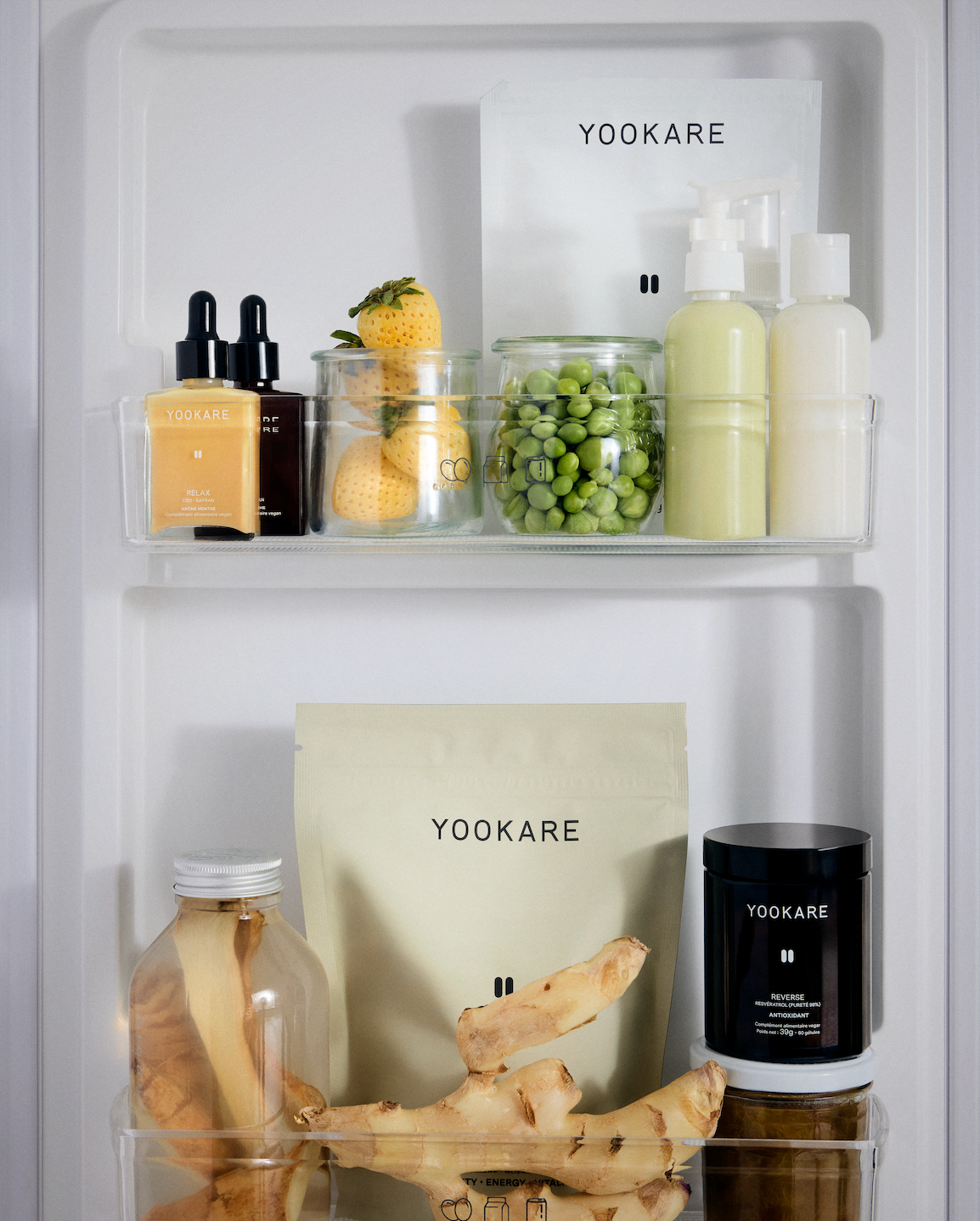
Skin Aging and Longevity: Why Skin Is the Mirror of Our Health
Skin aging is often perceived as one of the first visible signs of the passage of time. But beyond its aesthetic appearance, skin profoundly reflects our overall health and can provide valuable clues about how our bodies are aging. As the largest organ in the human body, the skin plays a crucial role in protecting against external aggressions, but it is also vulnerable to internal and external factors that influence longevity and the quality of aging.
In this article, we will explore why skin is considered a mirror of health, how skin aging is linked to longevity, and what strategies can be adopted to slow the skin aging process while supporting overall health.
1. The skin: A vital and multifunctional organ
Before understanding why skin is a reflection of our health, it's important to remember its vital role. As a protective barrier, the skin fulfills several essential functions:
-
Protection : The skin protects against infections, environmental aggressions (UV rays, pollutants) and water loss.
-
Thermal regulation : It helps regulate body temperature through perspiration.
-
Sensation : The skin is home to many sensory receptors, allowing us to feel heat, cold, pain, and textures.
-
Immune regulation : The skin plays a role in immune defense by serving as the first line of defense against pathogens.
Skin health depends on many factors, including the nutrients we consume, our stress levels, hydration, sleep, and exposure to environmental factors such as pollution and UV rays. When these elements are out of balance, the first signs of deterioration often appear on the skin.
2. Intrinsic and extrinsic aging of the skin
Skin aging is influenced by two distinct processes: intrinsic aging and extrinsic aging.
a. Intrinsic aging: biological aging
Intrinsic aging is the natural process that occurs with age. This type of aging is determined by genetics and manifests as a gradual decline in cellular function over time. Here are some signs of intrinsic aging:
-
Loss of collagen and elastin : From the age of 30, the production of collagen (the protein responsible for skin firmness) and elastin (responsible for its elasticity) decreases, leading to fine lines, wrinkles and sagging skin.
-
Decreased cell regeneration : Skin cell renewal slows down, which can make skin appear duller.
-
Dry skin : With age, the skin loses its ability to retain moisture, leading to increased dryness.
b. Extrinsic aging: aging linked to the environment
Extrinsic aging is caused by environmental and lifestyle factors, such as UV exposure (photoaging), smoking, pollution, and poor diet. These factors accelerate the intrinsic aging process by increasing oxidative stress and damage to skin cells.
Signs of extrinsic aging include:
-
Dark spots and hyperpigmentation : Mainly caused by exposure to UV rays, these spots are visible signs of skin damage.
-
Loss of elasticity and firmness : Environmental stresses lead to faster breakdown of collagen and elastin.
-
Deep wrinkles : Smoking and excessive sun exposure promote the appearance of more pronounced wrinkles, particularly around the eyes and mouth.
3. Why skin reflects our overall health
Skin is often called the mirror of health because it can reveal information about what's going on inside our bodies. Internal health issues, such as hormonal imbalances, nutritional deficiencies, or digestive disorders, often manifest themselves as visible symptoms on the skin.
a. Nutrients and skin health
An unbalanced diet can have direct consequences on skin health. For example:
-
Vitamin and mineral deficiency : A deficiency in vitamin C, essential for collagen production, can lead to dull skin and premature wrinkles. Vitamins A and E, which are antioxidants, protect the skin from oxidative damage. Omega-3 fatty acids, found in oily fish, are also essential for maintaining skin hydration and elasticity.
-
Digestive problems : Poor digestion or an imbalance in the gut microbiome can manifest as skin inflammation, acne, or breakouts.
b. Stress and accelerated aging
Chronic stress has a significant impact on the skin. Cortisol , a stress hormone, can cause increased inflammation, which accelerates the breakdown of collagen and elastin. This leads to the premature appearance of wrinkles and sagging skin. Additionally, stress aggravates certain skin conditions like acne, eczema, and psoriasis.
c. Sleep and skin regeneration
Sleep is essential for cell regeneration. During sleep, the body repairs itself and the skin produces new cells. A lack of sleep leads to dull skin, dark circles, and decreased elasticity. Chronic sleep deprivation accelerates the aging process by reducing growth hormone production and increasing cortisol levels.
4. Strategies to slow down skin aging
While aging is inevitable, it is possible to slow it down and maintain healthy, glowing skin through informed lifestyle choices. Here are some effective strategies to slow skin aging and promote longevity.
a. Diet rich in antioxidants
Antioxidants, found in foods like colorful fruits and vegetables, neutralize free radicals and reduce oxidative damage that causes skin aging. Eat a diet rich in vitamins C and E, carotenoids (like beta-carotene in carrots), and polyphenols (found in green tea, dark chocolate, and berries).
b. Hydration and sun protection
Hydration is essential for maintaining supple and elastic skin. Drink enough water and use moisturizers that are appropriate for your skin type. Additionally, protect your skin from UV rays by using sunscreen with an SPF of at least 30 daily. Photoaging is one of the main causes of premature skin aging, and sun protection is the best prevention.
c. Regular physical activity
Exercise improves blood circulation, allowing the skin to receive more nutrients and oxygen. This stimulates collagen production and helps maintain firm and elastic skin.
d. Stress management
Stress management is essential for maintaining skin health. Practice relaxation techniques like yoga, meditation, or deep breathing to reduce cortisol levels and help skin stay youthful and healthy.
e. Food supplements for the skin
Certain dietary supplements can support skin health, including hydrolyzed collagen, omega-3s, and probiotics to balance the gut microbiome. Vitamin D and vitamin C are also essential for maintaining healthy skin and preventing premature aging.
Conclusion
Skin aging is a natural process that can be influenced by both internal and external factors. While we can't stop time, we can adopt strategies to slow down skin aging and improve our overall longevity. By taking care of our skin through a balanced diet, sun protection, hydration, and a healthy lifestyle, we can not only improve the appearance of our skin, but also maintain our overall health. Since skin is the mirror of our health, it is important to consider it as a valuable indicator
